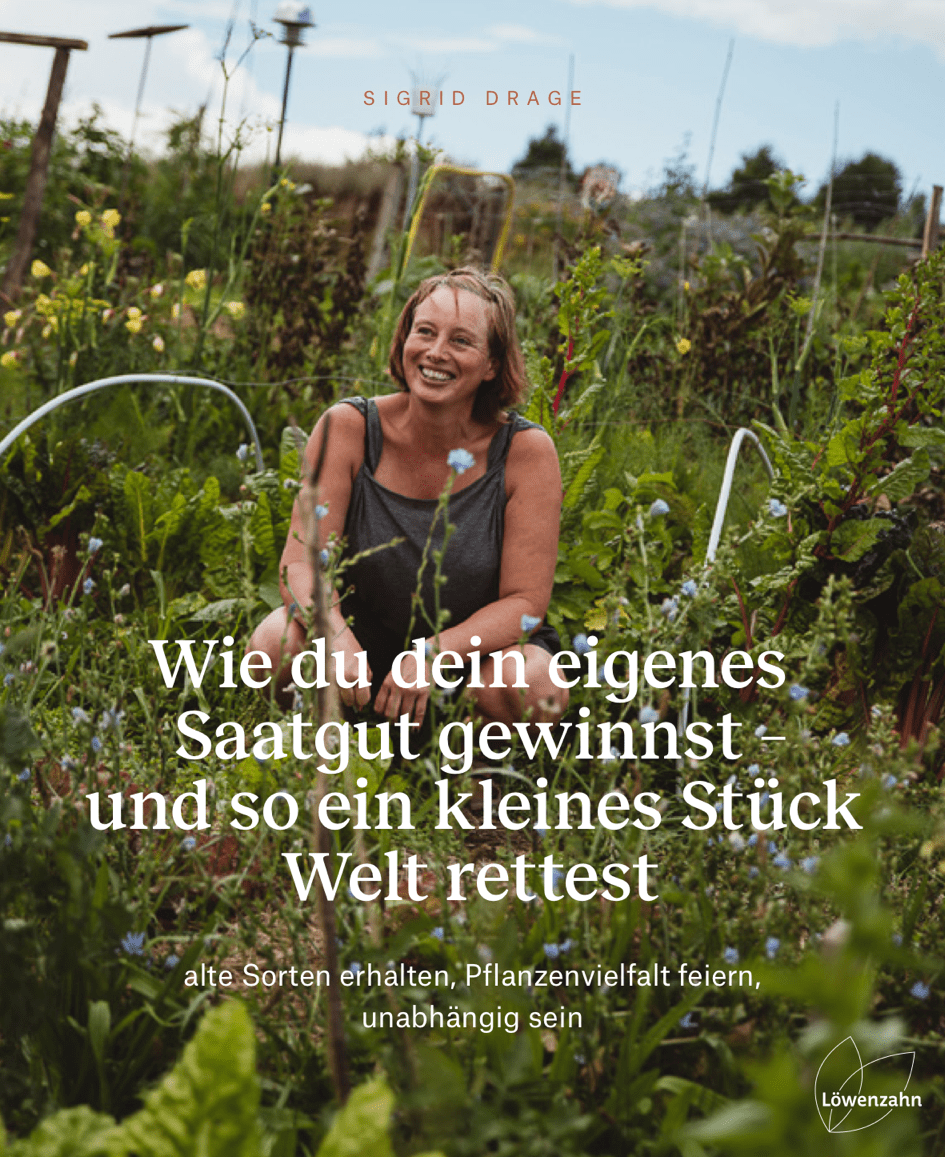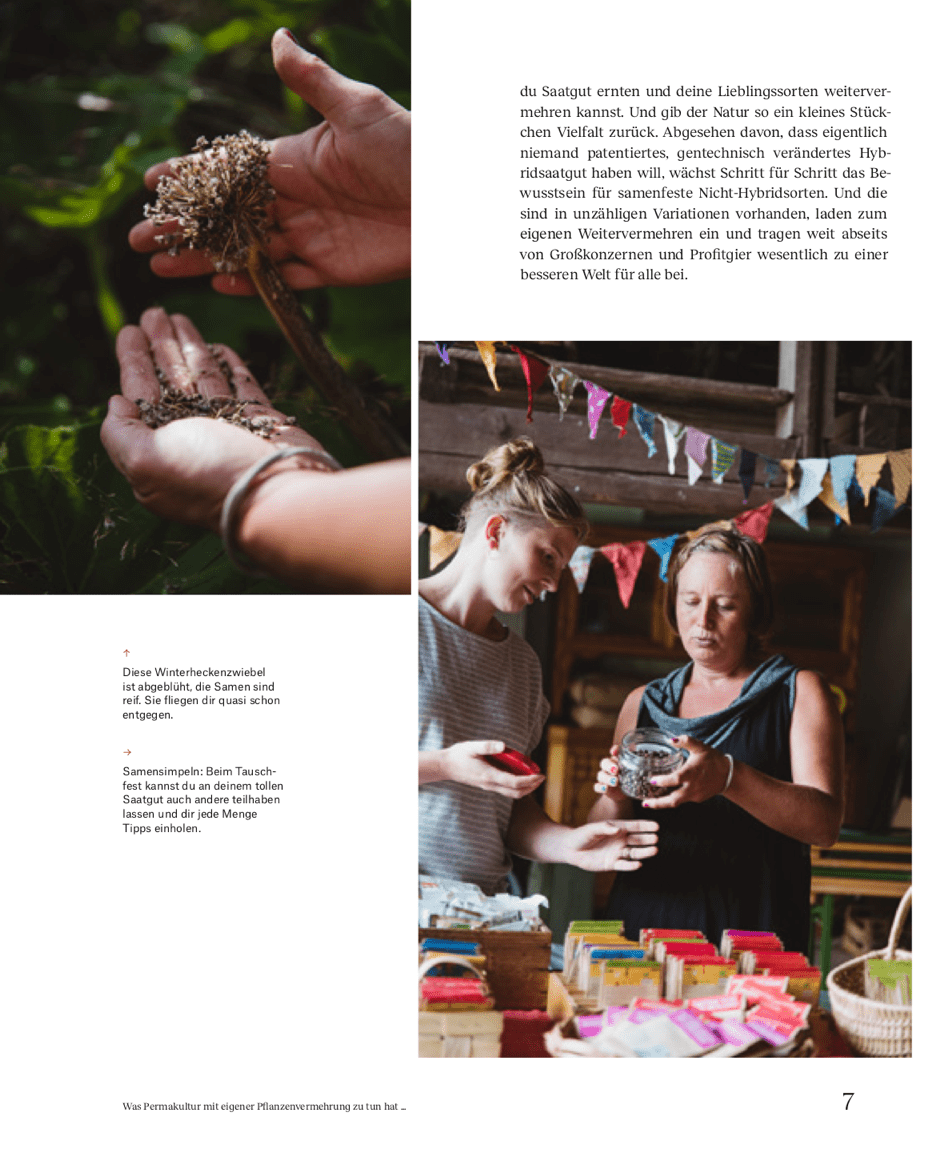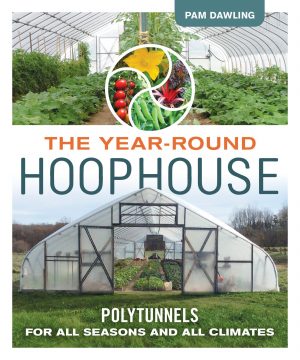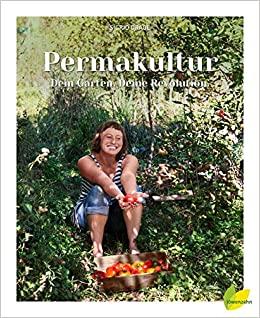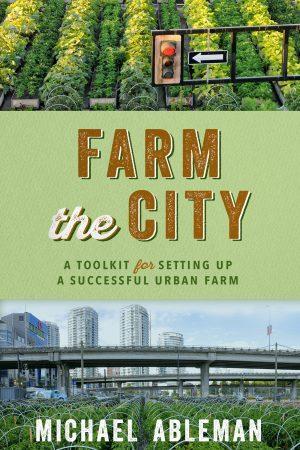Seed heroine and propagation artist
0,00 €
| Language of origin | |
|---|---|
| Publication date | |
| Infos : | Approx. 200 pages |
No power to hybrid varieties – how to make yourself and your plants independent
– Bye-bye hybrid seeds – hello vegetable variety! We start a seed revolution that has grown. With self-bred plants that free you: from genetic engineering, monopolies and other bad seed habits. Propagate, exchange and self-serve. Climate and environment will rejoice!
– Gardener Olympus, my ass: anyone can obtain seeds and grow cuttings. Get the basics, start right away – and harvest incredibly tasty vegetables, herbs and berries that grow even more lusciously every year. Anything that is not cut away ends up in the seed bag or in the cutting pot. It’s that simple!
– Always already cool: Our ancestors already propagated plants. Let’s bring out the ancient knowledge and discover it anew: with 40 favorite plants that you can never do without again. And which will bring an incredible variety to your garden: white tomatoes, purple potatoes or blue beans? Experience your flowering wonder!
You want to know where your food comes from and live by the motto: Best from your own garden or not at all? You are addicted to permaculture and want to make the world a little bit better? Or are you just crazy about your home-grown plants – the juicy tomatoes and the incredibly fragrant oregano – and want to upgrade to the next level? Then do it yourself! Immerse yourself in the world of plant propagation and grow your own vegetables, herbs, berries and flowers year in, year out. It couldn’t be more sustainable: carrots, thyme, potatoes and strawberries sprout in your garden and end up there again next year as seeds, cuttings, mother tubers or runners – the cycle continues and starts all over again. Without genetic engineering, transport kilometers or packaging. Sounds complicated? It is not. Plant propagation can be easily integrated into your garden year.
So how does it work with your own seeds and cuttings? You can find out in the book: from the biology basics to plant propagation and up to 40 plants that are dying to spread and bloom in your garden. And then: take the tastiest and most bulging vegetables of the season and simply plant their seeds or plant parts again the next year. What is the result? The most colorful, quirky vegetable heads and herbal hairstyles the world has ever seen. You can experiment with how your plants have grown. And not only that: by growing your own garden fruits, you make yourself independent. You decide which plants will be planted. And which not: those that are snipped together with genetic engineering and shipped halfway around the world, are subject to patents and promote monopolisation. Not with you: You free yourself from all this and take care of the environment – and that old varieties continue to exist. Then you will be a keeper of diversity, self-sufficient and climate protector. The gap in the natural cycle created by conventional seeds is closed. With time you can grow your own seed-solid varieties. And you can be happy about your own brightly colored, crooked and completely self-grown and propagated plants.
Sigrid Drage has a doctorate in ecology and is a passionate permaculturist. Together with other sustainability advocates, she runs the 100 percent permaculturally farmed Sonnentor Frei-Hof. Her mission? To preserve diversity, create sustainable living spaces, protect the climate and make an important contribution to a future worth living for all.
https://www.sonnentor.com/de-at/besuchen/bio-bauernhof
Plant propagation and permaculture simply belong together: Both love to grow all crooked and shaggy and after their own heads and have no desire for genetic engineering and hybrid varieties. Together, they outwit the seed industry by standing up for themselves and protesting loudly: Diversity instead of monopolization! Food for all! Sharing instead of selling!
More and more people are rediscovering their love for seed gardening and plant propagation. And that is enormously important. Because seed-solid seeds are in danger due to industrial production. Apart from the fact that no one really wants to have patented, genetically modified hybrid seeds, the awareness of seed-solid non-hybrid varieties is growing step by step.

